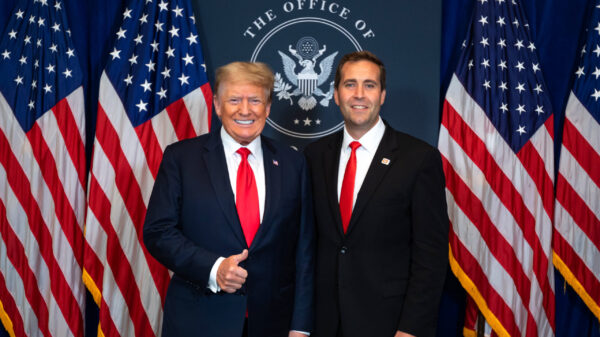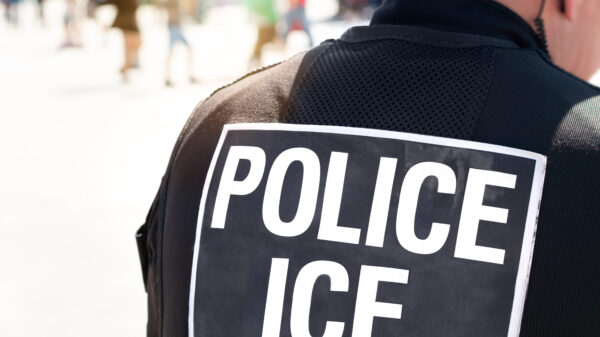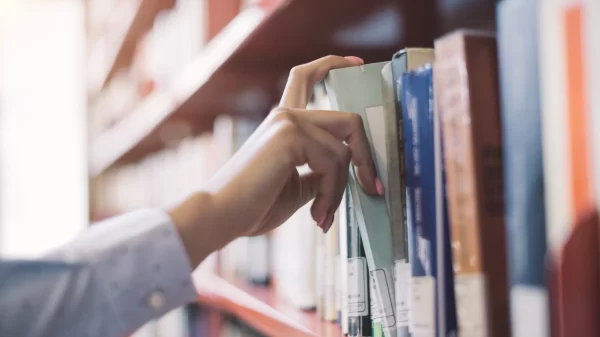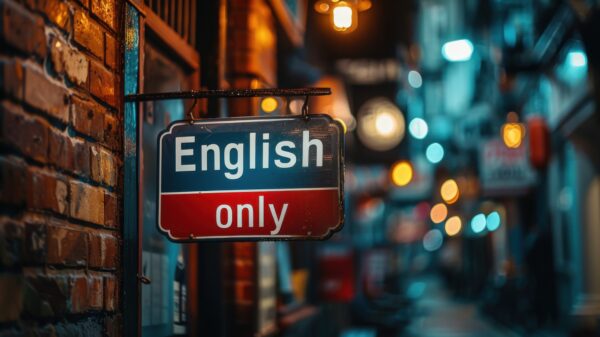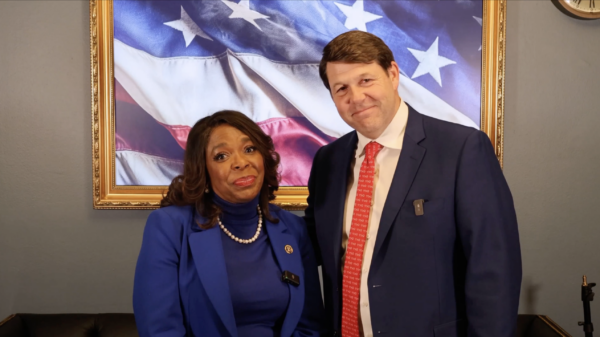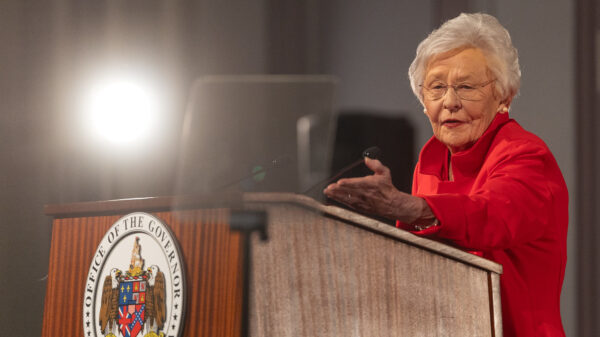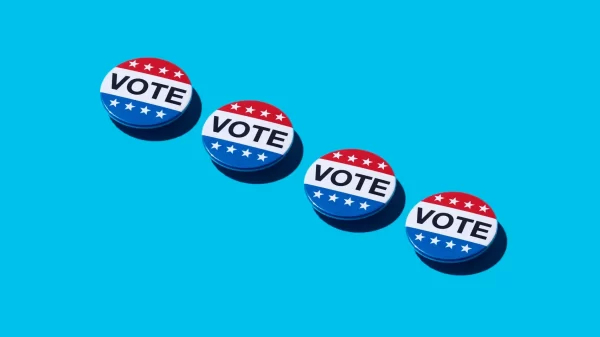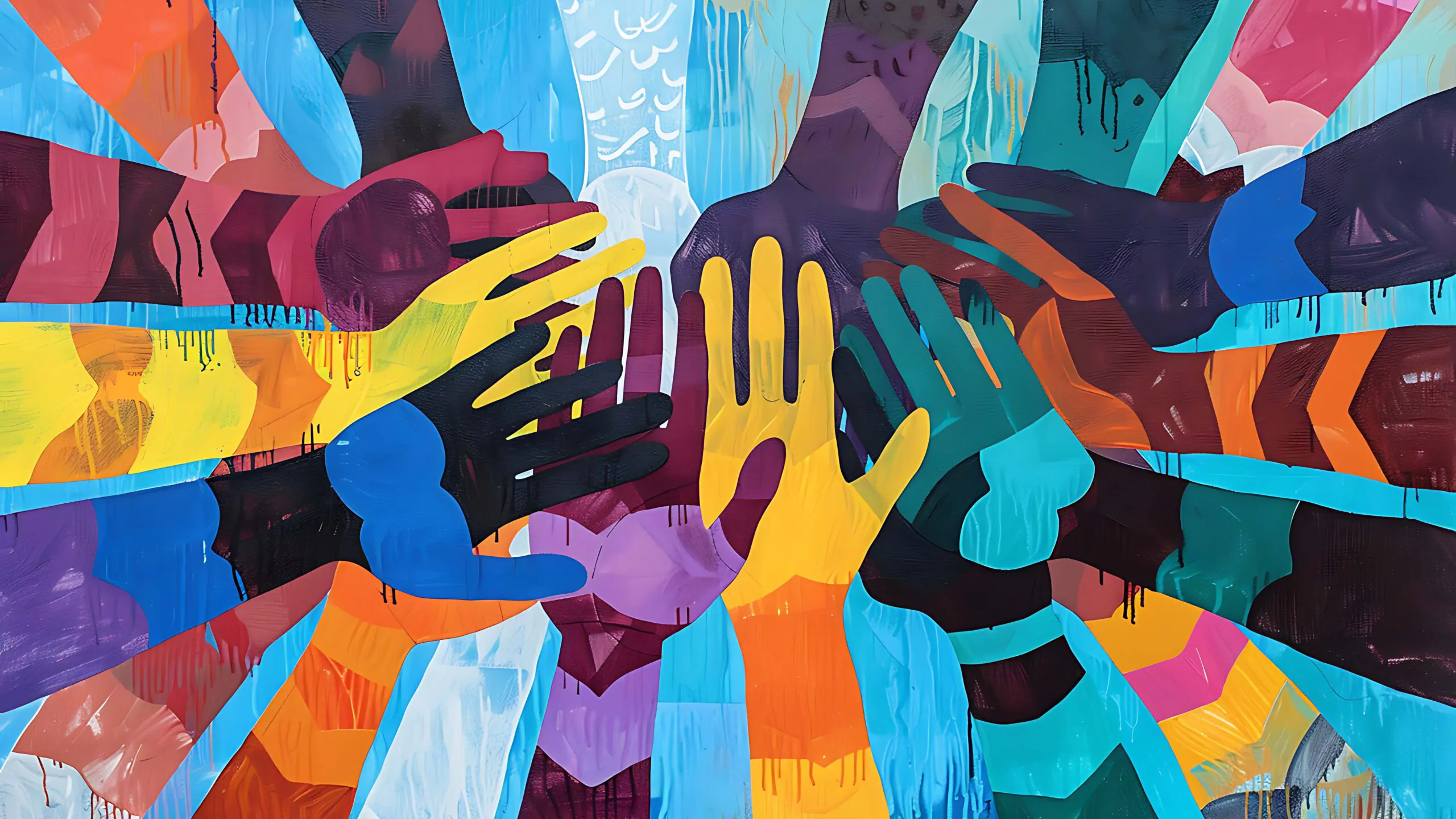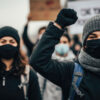Award-winning writer Sarah Schulman, author of The Fantasty and Necessity of Solidarity, will be at The NewSouth Bookstore on Sept. 14 to discuss the book and the importance of building solidarity with marginalized groups.
Schulman will be joined in conversation by local activist and artist Ashley Edwards, who will be unveiling a new art installation during the event.
Edwards is a longtime community activist including the organization of the Montgomery Bailout Fund during Covid-19 to help keep people out of jail who could not afford bail themselves.
“We believed it was inappropriate that people who were poor were forced to remain incarcerated and remain exposed to Covid just because they didn’t have the capital to buy their way out of jail,” Edwards said.
As a community activist, Edwards said Schulman’s book is critical for today’s political climate.
“I can’t express how crucial this book is for this political moment that we are in,” Edwards said. “As someone who has felt sort of saddened and hopeless, this book has energized me and made me think more critically about how I can be in more solidarity with those who are marginalized.”
The Fantasy and Necessity of Solidarity is an examination of the inherent psychological and social challenges to solidarity movements, and what that means for the future. For those who seek to combat injustice, solidarity with the oppressed is one of the highest ideals, yet it does not come without complication. Schulman delves into the intricate concept of solidarity to provide a new vision for what it means to engage in this work—and why it matters.
To grapple with solidarity, Schulman writes, one must recognize its inherent fantasies. Those being oppressed dream of relief, that a bystander will intervene though it may not seem to be in their immediate interest to do so, and that the oppressor will be called out and punished. Those standing in solidarity with the oppressed are occluded by a different fantasy, Schulman writes: that their intervention is effective, that it will not cost them, and that they will be rewarded with friendship and thanks. Schulman says that neither is always the case, and yet in order to realize full potential as human beings in relation with others, we must continue to pursue action towards these shared goals.
Within this framework, Schulman examines a range of case studies, from the fight for abortion rights in post-Franco Spain, to NYC’s AIDS activism in the 1990s, to the current wave of campus protest movements against Israel’s war on Gaza, and her own experience growing up as a queer female artist in male dominated culture industries. Drawing parallels between queer, Palestinian, feminist, and artistic struggles for justice, Schulman challenges the traditional notion of solidarity as a simple union of equals, arguing that in today’s world of globalized power structures, true solidarity requires the collaboration of bystanders and conflicted perpetrators with the excluded and oppressed. That action comes at a cost, and is not always effective. And yet without it, she writes, we sentence ourselves to a world without progressive change towards visions of liberation.
The event will be held at The NewSouth Bookstore at 2 p.m. on Sunday, Sept. 14.

